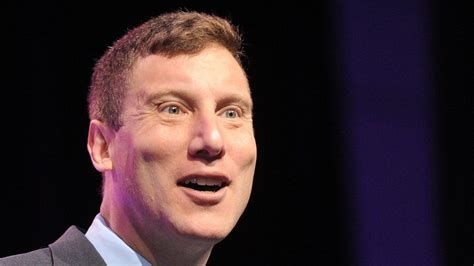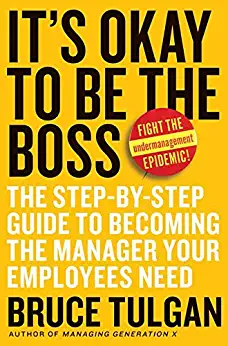
Forget what you think you know about managing Generation Z in the workplace
Posted On September 10, 2022
Stop me if you’ve heard this before: The young people of today’s generation are only concerned about themselves. They have no loyalty. They are self-entitled and have no work ethic.
It was said about Generation Xers. It was said about millennials. Now it’s being said about the latest generation to enter the workforce – Generation Z.
And it’s not particularly true of any of them.
According to Bruce Tulgan, one of the leading voices in generational workplace research, Gen Z is neither lazy nor self-entitled. They are simply reacting to the times in which they’ve grown up.
Tulgan, our guest in the latest episode of “What’s Working with Cam Marston,” noted that Gen Z, people born about 1997 or later, has lived through the aftermath of 9/11, economic turmoil and a global pandemic. So while older generations believed their hard work and loyalty to their employers would be rewarded, Gen Z isn’t so sure.
“They look around and think: Silly grown-up, don’t you see how uncertain the world is?” Tulgan said. “When you start realizing that institutions are not stable and long-term vesting rewards are not secure, then you naturally start thinking more short-term and transactional and you naturally start thinking about not building a career and then wrapping your life about it. You think about what kind of life do I want to build, and how do I wrap work and earning and contribution around the kind of life I want to have?”
Successfully attracting and managing Gen Z employees requires today’s employers to commit to high-maintenance leadership, Tulgan said. While Gen Zers have learned they must take care of themselves, part of that self-reliance is not being afraid to cut bait if the company doesn’t seem to be a fit or they aren’t getting the support they feel they need.
That may mean leaving the company or, even worse, “quiet quitting” – falling into a mode of doing as little as possible to keep their job.
So what should employers do to hire and manage Gen Z employees? Tulgan suggests:
- Be patient. It takes time to become a mature professional.
- Be up front about the downside of the job.
- Employ rigorous onboarding scheduling, including one-on-one meetings with supervisors and colleagues. You can’t just say “sink or swim.”
- Connect them to the mission.
- Ensure that they’re working under a highly engaged leader.
- Get them to own one concrete task as soon as possible, and then give them another.
 “Work is a day-to-day transaction,” Tulgan said. “If you want people to get on board and up to speed quickly, you’ve got to help them. If you want them to give you discretionary extra performance … you’ve got to help them. And if you want them to stay longer and work harder while they’re staying longer … you’ve got to do your part.”
“Work is a day-to-day transaction,” Tulgan said. “If you want people to get on board and up to speed quickly, you’ve got to help them. If you want them to give you discretionary extra performance … you’ve got to help them. And if you want them to stay longer and work harder while they’re staying longer … you’ve got to do your part.”
Tulgan also discussed the small-business approach to managing Generation Z, how parenting trends have factored in, and what the future of work might look like. For more on these topics and more visit his website – rainmakerthinking.com – or check out one of his several books on generational differences in the workplace.